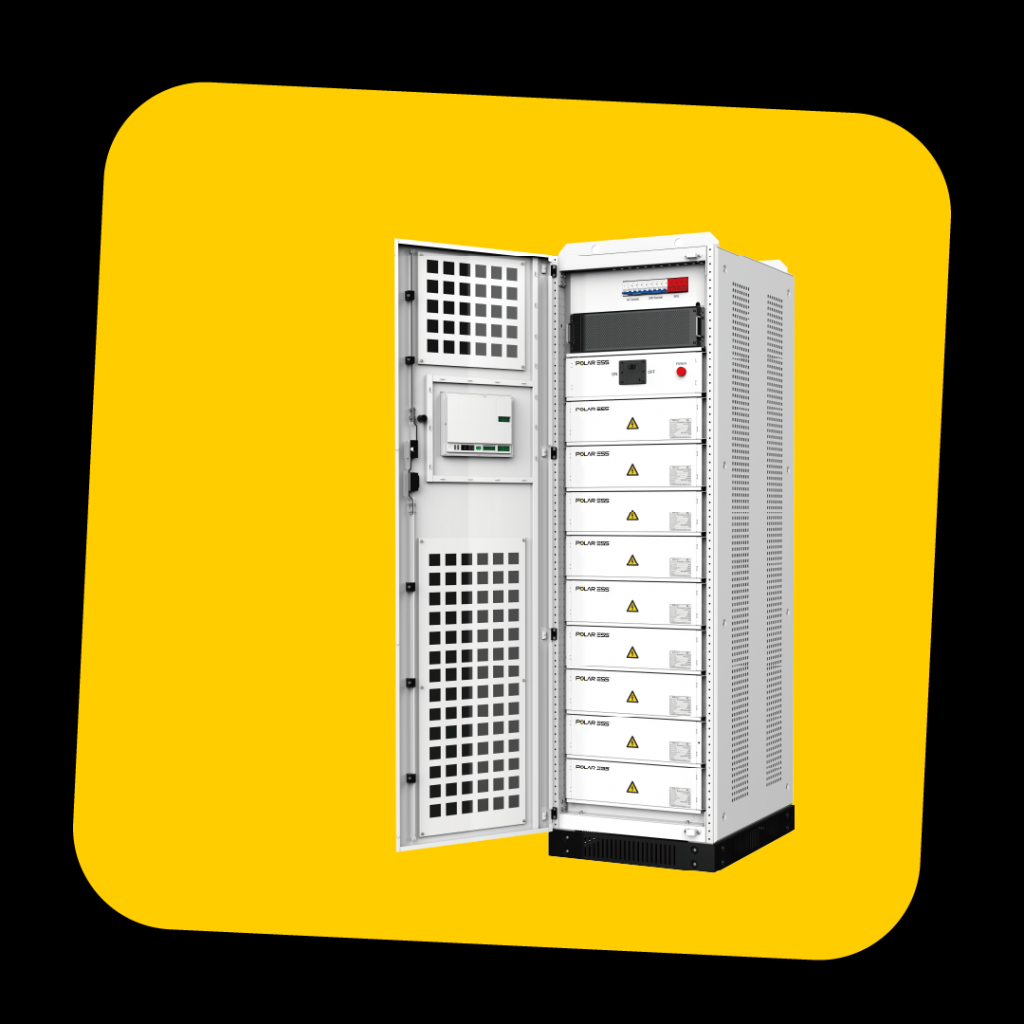In today’s world, energy management plays a crucial role in ensuring the efficient utilization of resources and promoting sustainability. By effectively managing our energy consumption, we can reduce waste, lower costs, and minimize environmental impact.
The Importance of Energy Management
Energy management involves monitoring, controlling, and conserving energy usage in various sectors such as residential, commercial, and industrial. It aims to identify areas where energy is being wasted or inefficiently used and implement strategies to optimize resource utilization.
Through effective energy management practices, individuals and organizations can significantly reduce their carbon footprint while also benefiting from cost savings. Moreover, it helps ensure a reliable supply of energy by reducing dependence on non-renewable sources.
Polar ESS: Enhancing Energy Storage Solutions
Polar ESS (Energy Storage System) is an innovative technology that contributes to efficient energy management. This system stores excess electricity generated during periods of low demand for use during peak hours or when renewable sources are unavailable.
By utilizing Polar ESS solutions at both small-scale residential installations and large-scale grid-level applications, we can enhance the integration of intermittent renewable energies like solar or wind power into our existing infrastructure. This not only improves overall system reliability but also reduces reliance on fossil fuels.
The Role of Energy Management Systems

An essential component of effective energy management is the implementation of advanced energy management systems (EMS). These systems utilize data analytics and automation technologies to monitor real-time energy consumption patterns across different devices or processes.
With an EMS in place, users gain insights into their energy usage patterns which allows them to make informed decisions regarding resource allocation. Additionally, these systems enable remote control capabilities that facilitate load balancing and demand response, further optimizing energy consumption.
Conclusion
Energy management is a critical aspect of achieving a sustainable future. By adopting efficient practices and utilizing technologies like Polar ESS and Energy Management Systems, we can reduce waste, lower costs, and minimize our environmental impact. It is imperative that individuals, businesses, and governments work together to prioritize energy management for the benefit of both present and future generations.

